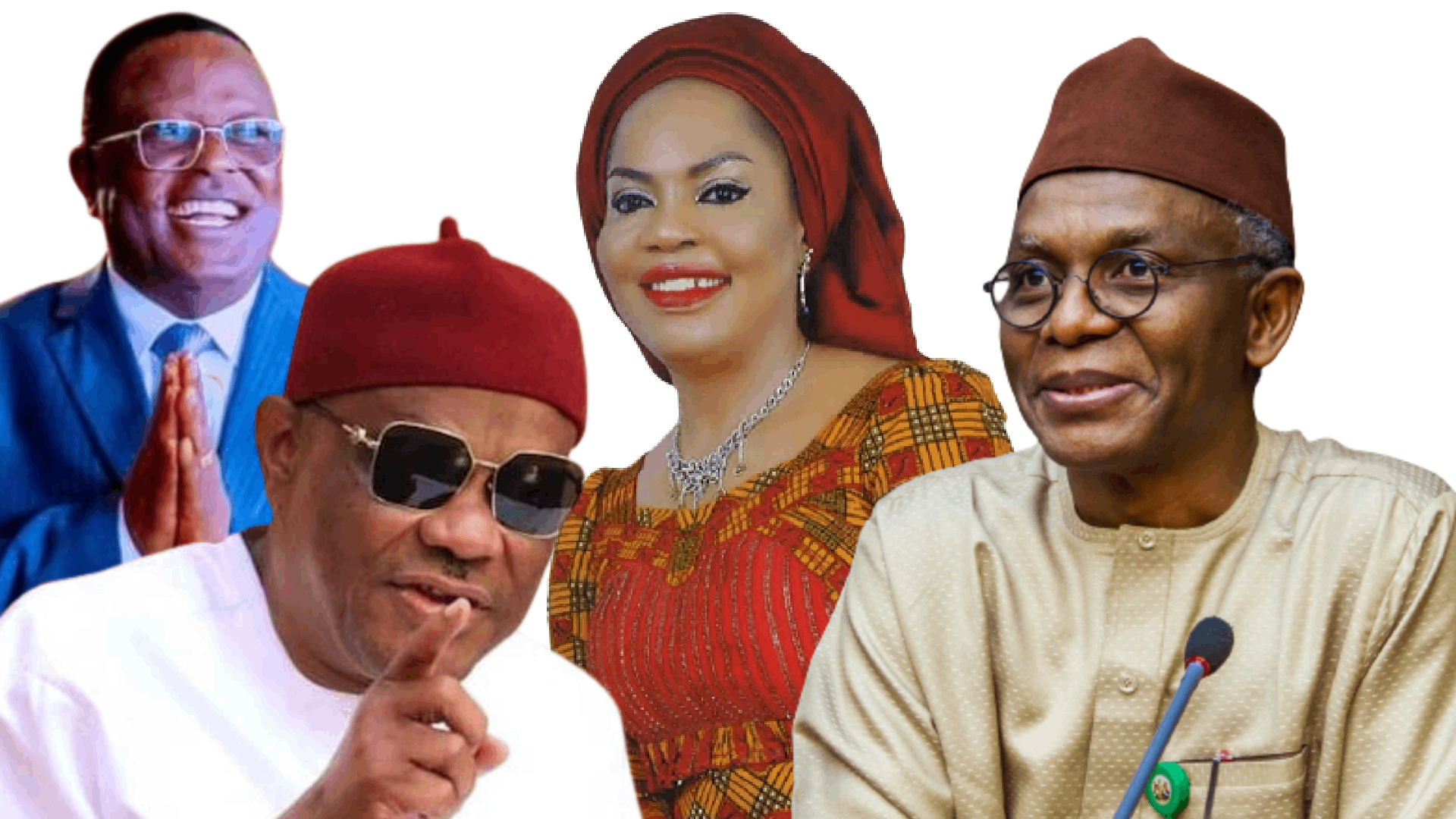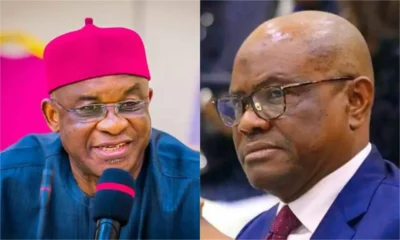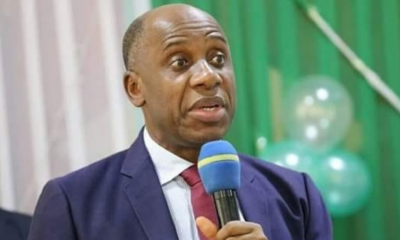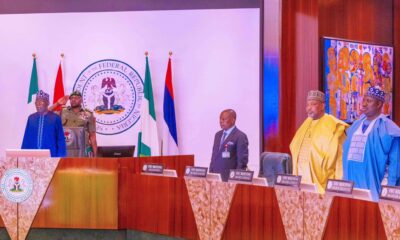Nigeria News
Wike’s ministerial appointment: Is this the end of PDP in Nigeria?

The recent unveiling of the ministerial nominees by President Bola Tinubu has raised eyebrows and sparked discussions across the political landscape.
Among the names listed in the first batch were some former PDP bigwigs, including Nyesom Wike, Nasir el-Rufai, and David Umahi. This development has left many questioning the future of the Peoples Democratic Party (PDP) in Nigeria, IDOMA VOICE observed.
Notably, Nyesom Wike, the immediate past Governor of Rivers State, made the cut despite still being a member of the opposition PDP.
His nomination came as a surprise to some, considering his history with the party. Wike has not hidden his disdain for the PDP since losing the presidential ticket to Atiku Abubakar. During the elections, he openly campaigned and worked against his own party, which raised eyebrows within the PDP.
Similarly, David Umahi, Nasir el-Rufai, and Uche Nnaji, all of whom were formerly members of the PDP, found their names on the ministerial nominees’ list.
This development has led many to question whether the PDP can continue to function effectively as a viable opposition under the current government.
The appointment of these former PDP members into key positions in the current administration raises concerns about the strength and effectiveness of the PDP’s opposition role. With influential figures like Wike, Umahi, and el-Rufai now part of the government, there are fears that the PDP’s ability to hold the government accountable and provide a robust check and balance may be compromised.
Some political analysts argue that the inclusion of these former PDP members in the cabinet is a strategic move by the ruling party to weaken the opposition. By luring prominent figures from the opposition camp to join the government, the ruling party may be attempting to create divisions within the PDP and reduce its cohesiveness.
Moreover, the PDP has faced internal challenges and leadership struggles in recent times, which have weakened its position as a united and formidable opposition. The defection of some members to the ruling party has further eroded the party’s strength and created a sense of uncertainty among its supporters.
However, there are those who believe that the PDP can still maintain its relevance and effectiveness as an opposition party. They argue that the party has a rich history, a wide grassroots base, and a strong support network across the country. Despite recent setbacks, the PDP can regroup, rebuild, and continue to play a significant role in holding the government accountable.
For the PDP to remain a formidable opposition, it must address its internal challenges, foster unity among its members, and strategize on how to counter the tactics employed by the ruling party. The party’s leadership needs to articulate a clear and compelling vision for the country and effectively communicate its plans to the populace.
Additionally, the PDP must engage in constructive criticism of government policies while offering viable alternative solutions to address the nation’s challenges. By presenting itself as a credible and responsible alternative, the PDP can win back the trust of the people and strengthen its position in Nigerian politics.
Wike’s ministerial appointment, along with that of other former PDP members, has sparked discussions about the future of the PDP in Nigeria’s political landscape. While some fear it could be the end of the party’s effectiveness as an opposition, others believe that the PDP can regroup and continue to play a significant role in holding the government accountable.
The coming months and years will determine whether the PDP can rise to the challenge and maintain its relevance in Nigerian politics.

























